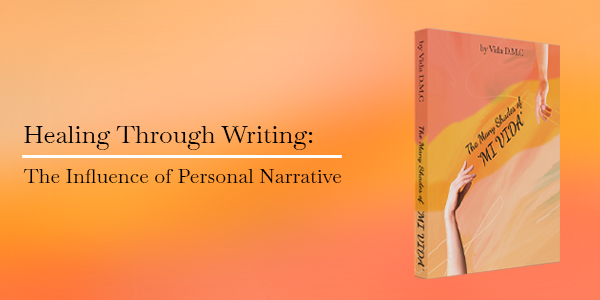There are very few method that exist in the field of healing and self-discovery that can compare to the power and transformation that comes from writing one’s own story. Starting the journey of self-discovery through writing—whether it is a memoir, a journal entry, or a collection of reflective essays—can be incredibly liberating.
Revealing the Hidden Realities
Central to writing is the process of expressing oneself; it’s a way to put one’s most private feelings, ideas, and experiences into words. Not only can writing down our experiences help us cope with our inner chaos, but it also sheds light on who we are and what we’ve been through. The act of writing itself can help us face difficult memories, understand our emotions, and reveal previously concealed facts.
Recovery via Self-Reflection
The act of writing itself provides a special chance for introspection, letting us look back on previous experiences with fresh eyes. Writing in a journal can help us make sense of our lives’ most trying moments by providing a safe place to reflect on and understand ourselves better. Thus, writing is therapeutic in nature, providing a means of working through emotional distress such as loss and trauma.
Advocacy through the Power of Storytelling
It is often very empowering to share one’s story with other people. Telling our story not only helps us feel less alone, but it also opens doors for us to connect with and empathize with those going through tough times. It is possible to regain control of one’s life and shatter taboo or stigmatized subjects by being authentic and sharing one’s story.
The Art of Writing as a Path to Personal Growth
Not only does writing preserve the past, but it also allows us to imagine what the future holds. We go on a journey of self-discovery when we write, a journey of research and development that goes well beyond what we can put on paper. We can express our principles, define our aspirations, and plot a route to a more genuine and satisfying existence through writing.
Advice on Writing for Health and Wellness
Here are some practical pieces of advice to help you begin using writing as a therapeutic tool:
Make writing a priority
Whether it’s a short daily jot in a diary or lengthier sessions devoted to a memoir or personal essay, make writing a regular part of your agenda.
Make sure everyone is happy
Locate an undisturbed area where you may relax and write. In order to spark your imagination and go more into your subject, you might want to think about making use of writing exercises or diary prompts.
Give yourself a break
Writing is a process, and you should be able to do it without feeling guilty. The writing path is full of ups and downs; be patient and kind to yourself while you ride them out.
Ask for help when you need it
A reliable friend, therapist, or support group can be a great resource for dealing with challenging memories or feelings. When combined with other ways of healing and taking care of oneself, writing can have profound effects.
Sum Up
Ultimately, writing is a potent outlet for personal growth, healing, and discovery. We may walk into the depths of our humanity and form deep and important connections with people through the act of writing, whether it’s keeping a journal, creating a memoir, or sharing our stories with others. A personal narrative may hold the key to new understandings, the ability to heal past hurts, and the acceptance of one’s own tale in its whole, so grab a pen, open a blank page, and start writing.

